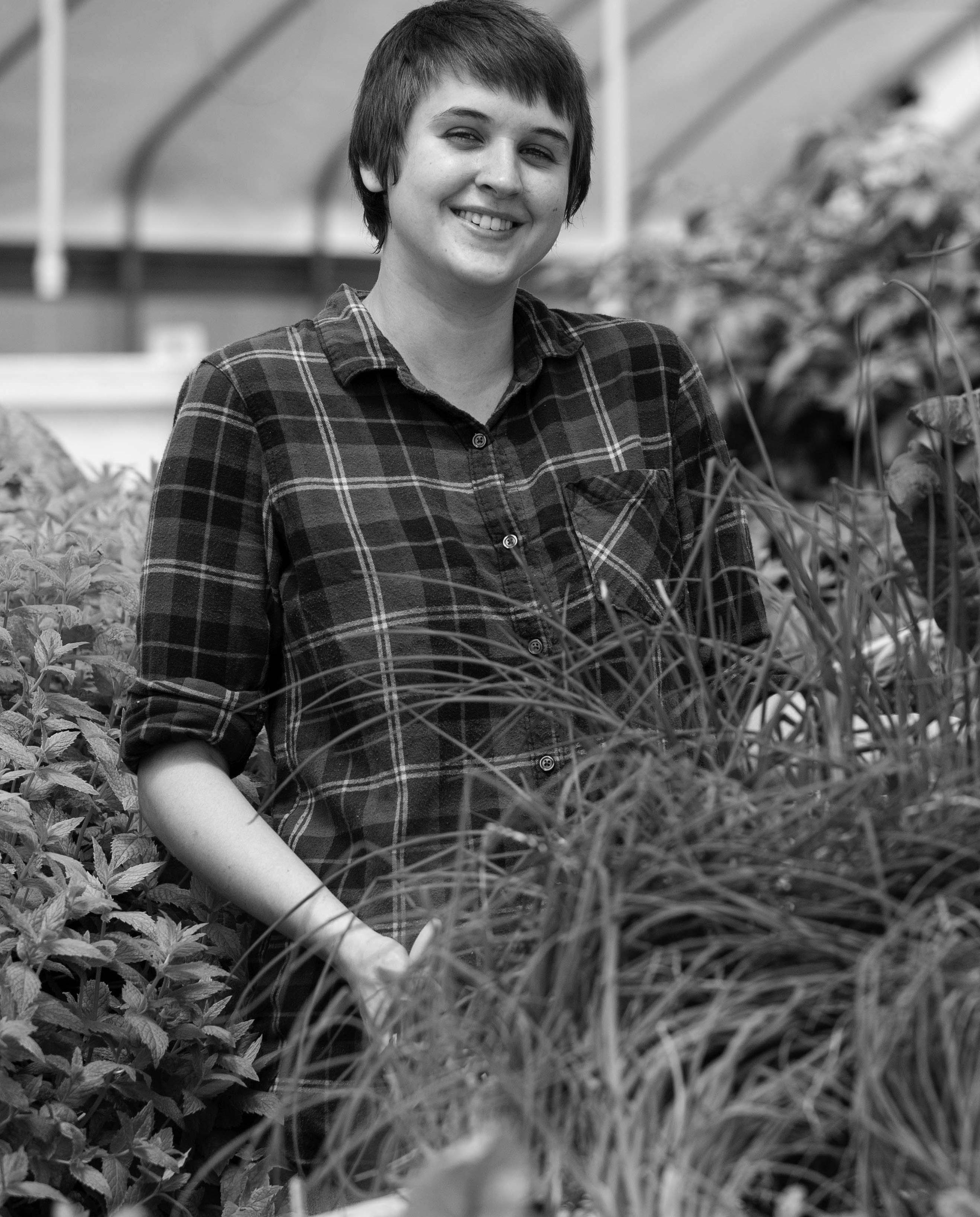SOARING BEYOND
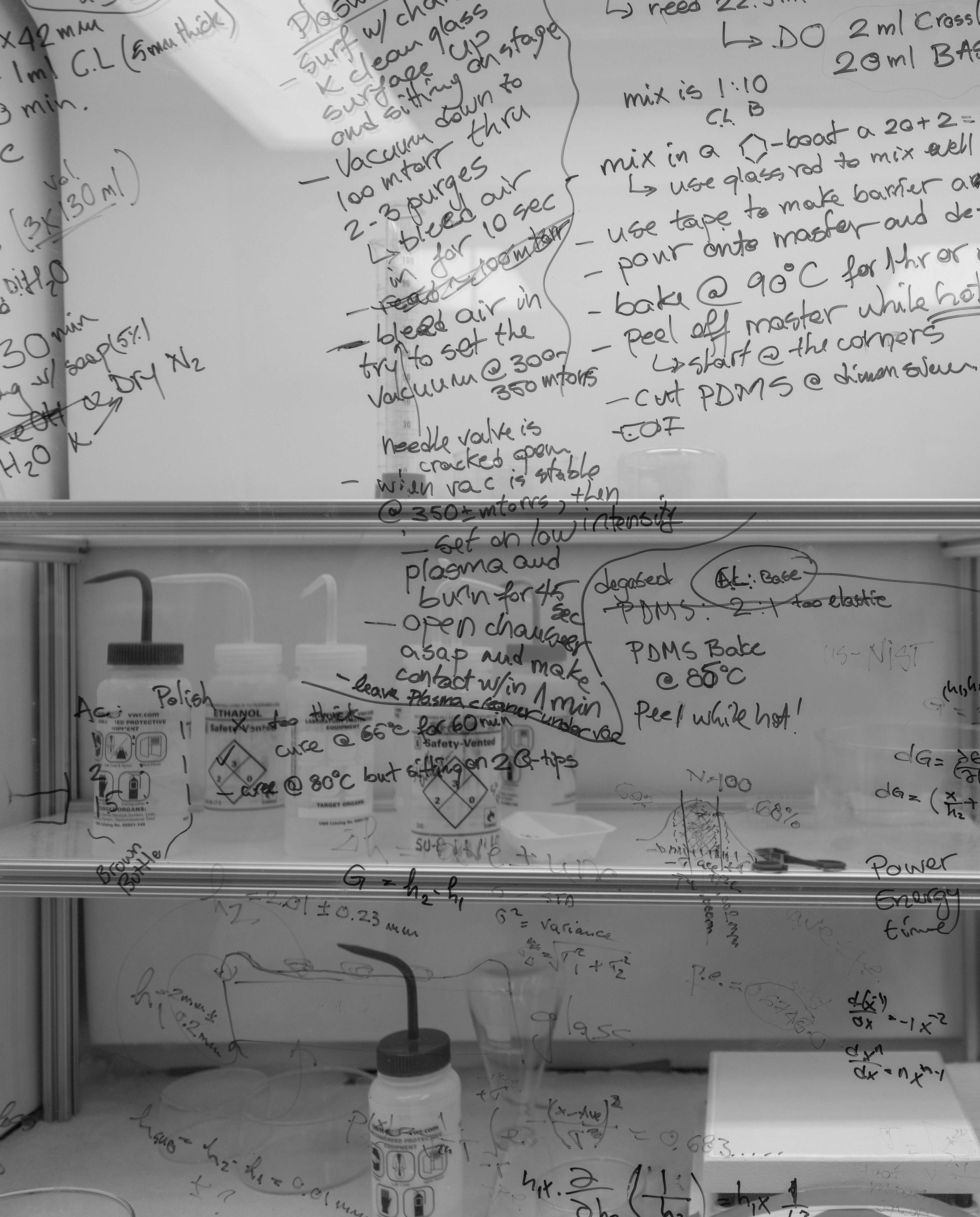
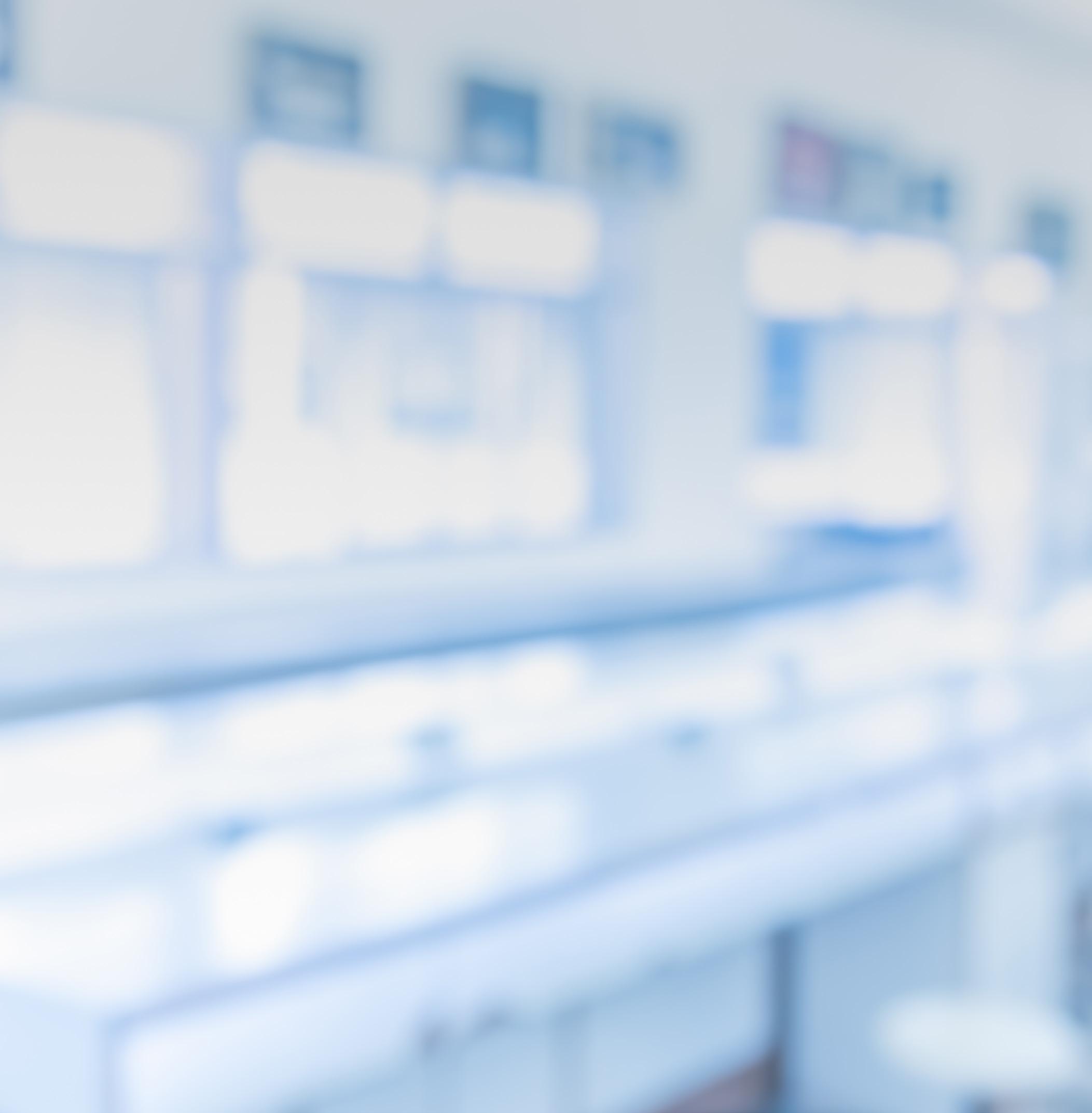
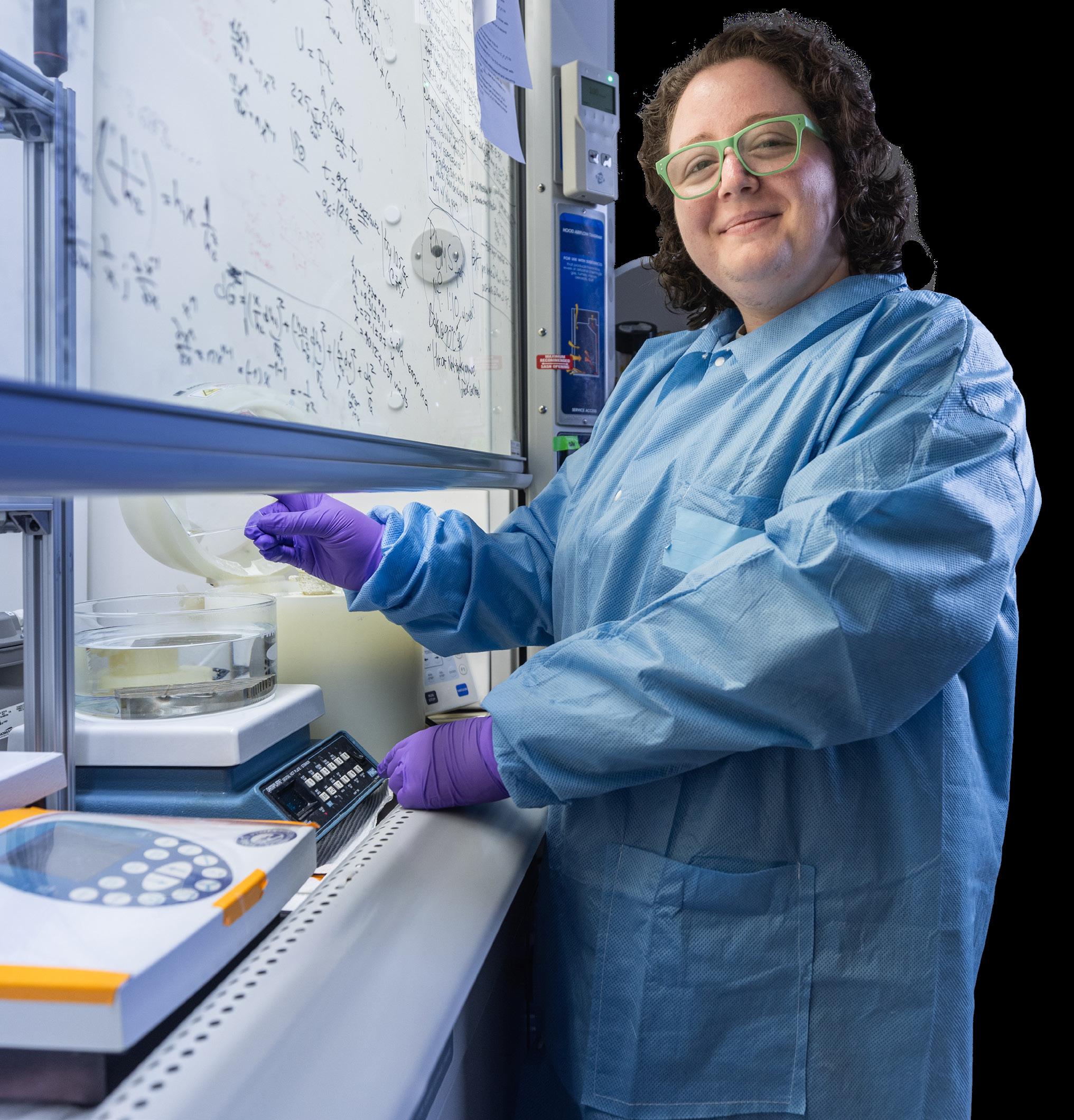
College of Science and Mathematics Highlights
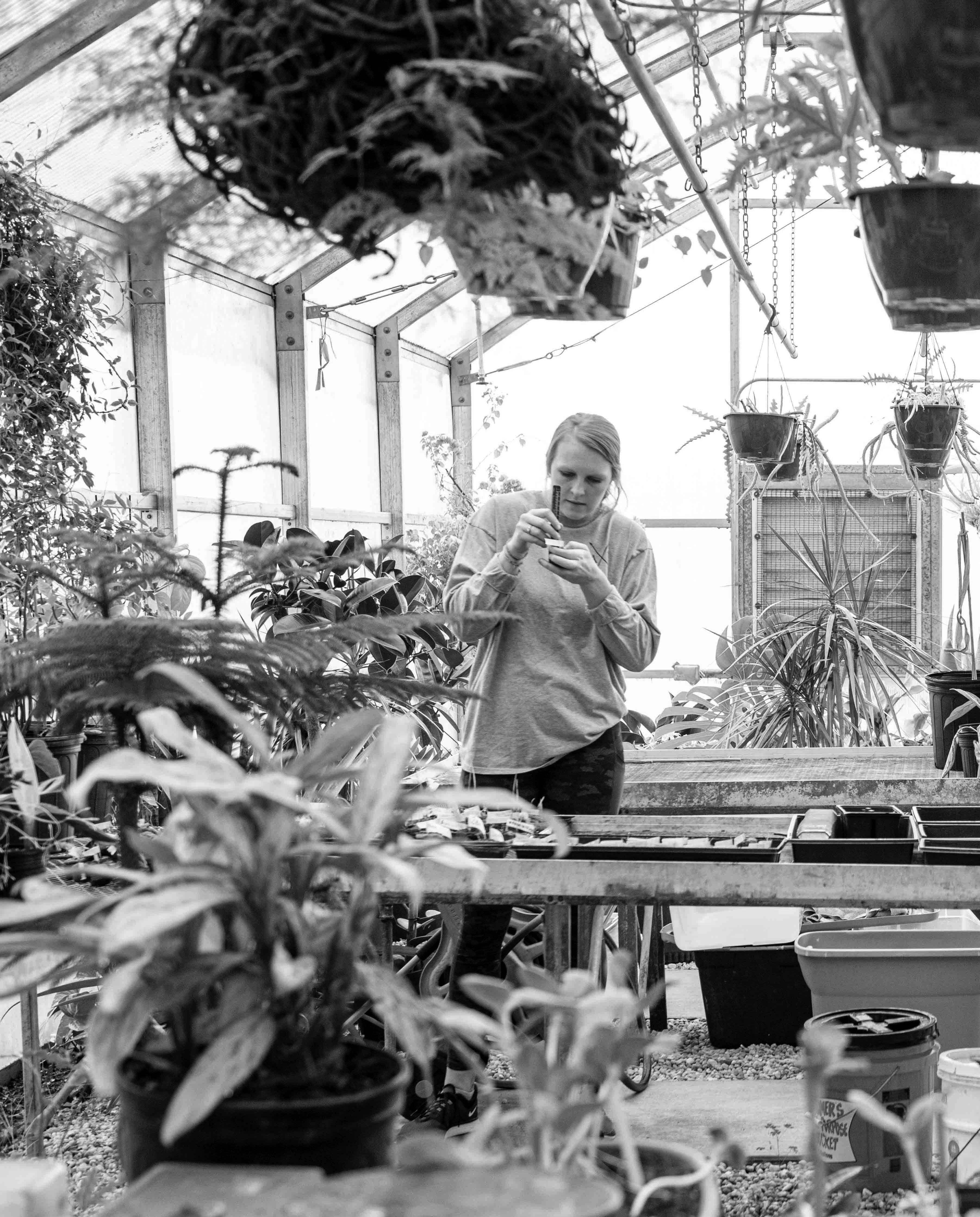

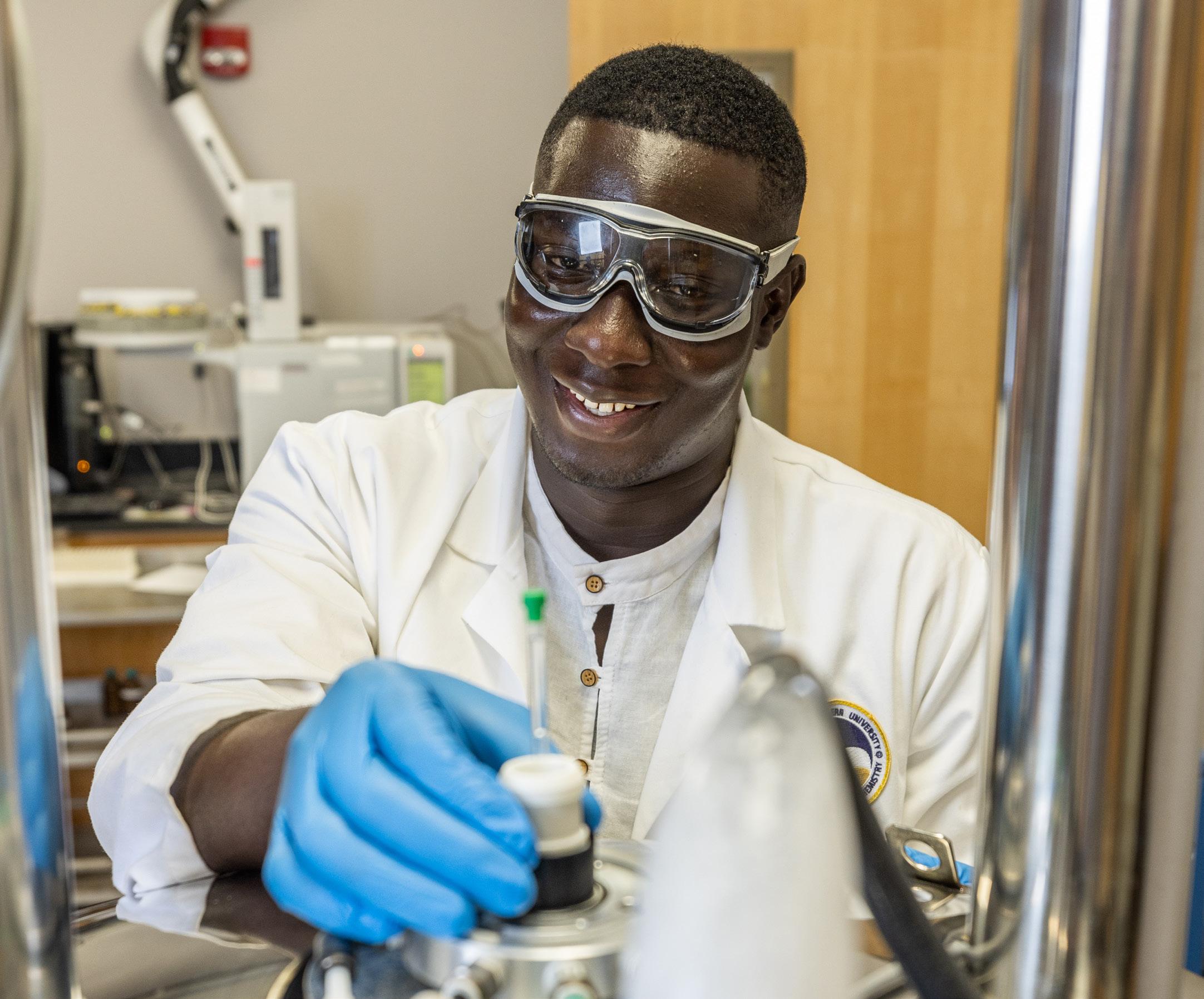
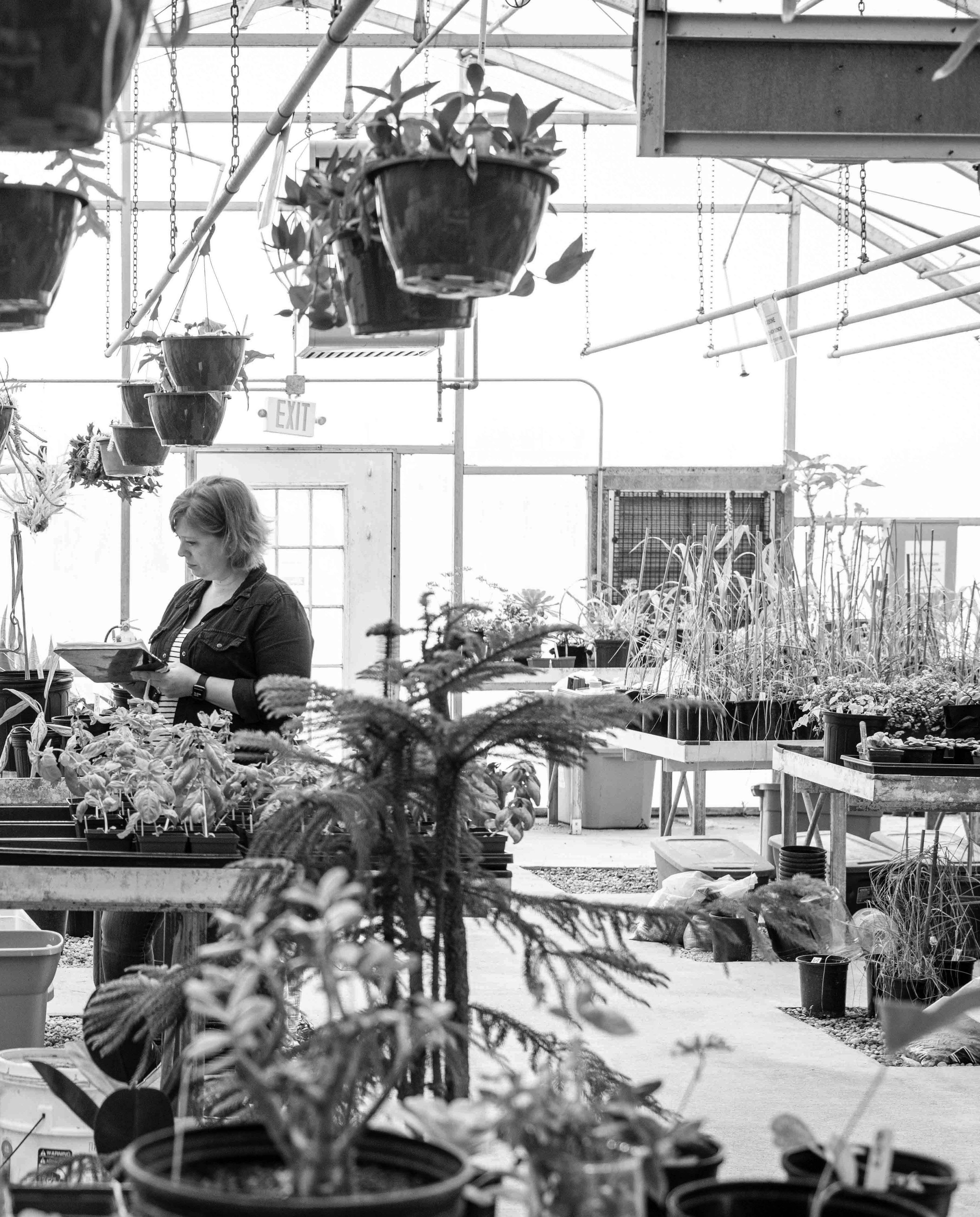









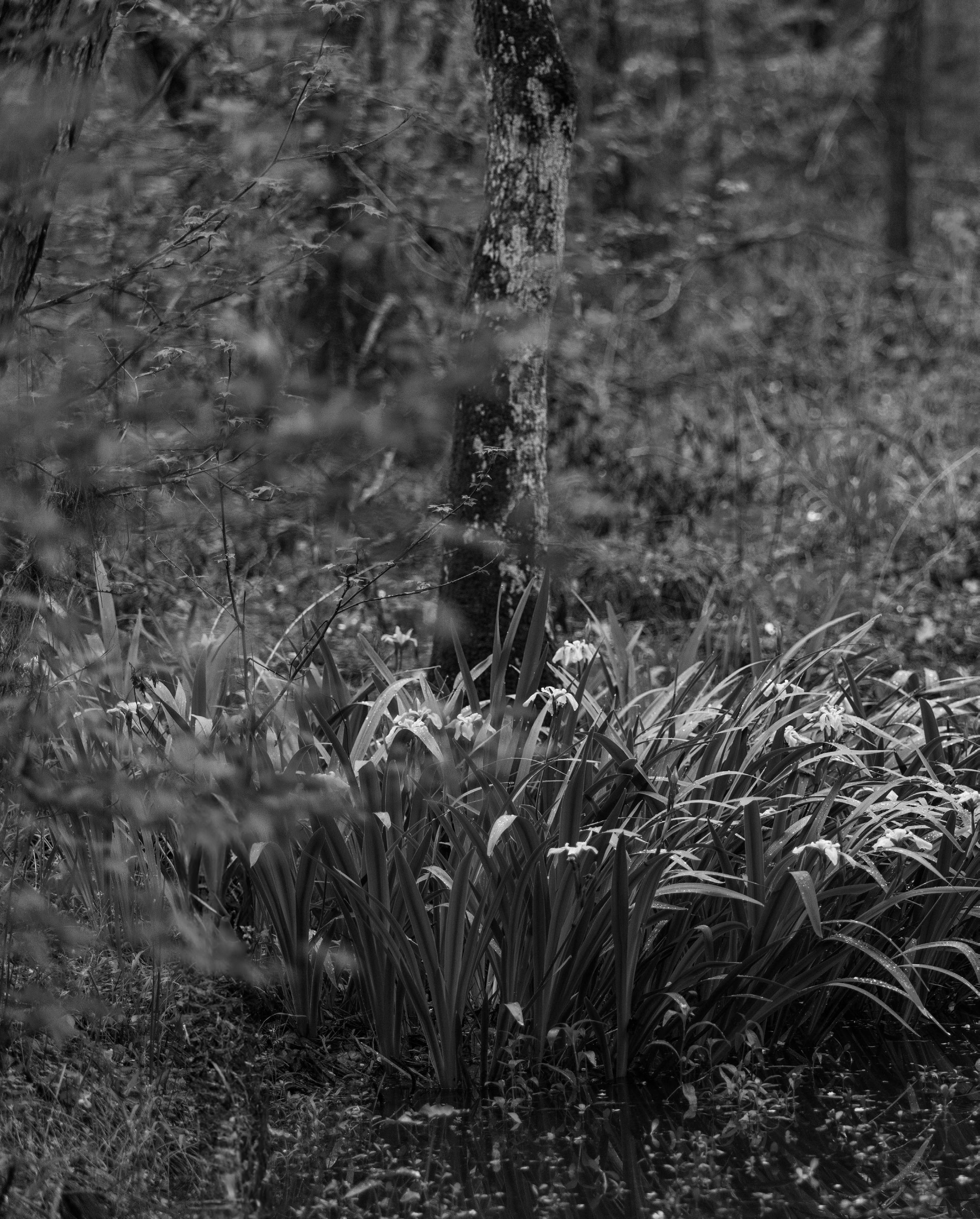
Dear Valued Alumni, Donors and Industry Partners,
It is with immense pride and excitement that I welcome you to the latest highlights from the Georgia Southern University College of Science and Mathematics (COSM). This booklet offers a glimpse into the transformative work being done by our dedicated faculty, driven students, and innovative researchers. Your unwavering support is a cornerstone of our success, and we are deeply grateful for your partnership in advancing scientific discovery and education.
Georgia Southern University is on a remarkable trajectory, setting an institutional record for total research expenditures of over $43 million in FY ‘24. Bolstered by a commitment to discovery, creativity, and innovation, the University is on track to achieve R1 status, the highest level of research activity, in the next three to four years. COSM plays a critical role in this ambitious goal, pushing the boundaries of knowledge across our diverse units.
In COSM, we are committed to preparing students to lead in a world shaped by science, technology, and discovery. This year, our students and faculty have continued to exemplify academic excellence and research leadership across disciplines. From groundbreaking work in coastal ecology and biomedical sciences to advances in mathematical modeling and data analytics, our college is at the forefront of addressing the region’s—and the world’s—most pressing challenges.
We are especially proud of the impact our programs are having beyond the classroom. Undergraduate research continues to flourish, with students presenting at state, regional, and national conferences. Our faculty secured significant external funding, collaborated with industry and government partners, and published in top-tier journals—raising the national profile of Georgia Southern’s research enterprise.
None of these achievements would be possible without the collective support of our community. Your generosity enables student scholarships, supports faculty research, enhances facilities, and powers the programs that define COSM’s unique educational experience. Whether you are an alumnus cherishing your Georgia Southern roots, a donor investing in the future of science, or an industry partner seeking to collaborate on groundbreaking research and talent development, you are an essential part of our journey.
I invite you to explore these pages and be inspired by the remarkable work highlighted within the College of Science and Mathematics. Thank you for your continued belief in our mission.
With Eagle pride,
Michael T. Huggins Dean, College of Science and Mathematics
Georgia Southern University
Units
Department of Biochemistry, Chemistry, and Physics
Department of Biology
Department of Biomedical Science
Department of Mathematical Sciences
School of Earth, Environment, and Sustainability
Department of Military Science
Georgia Southern Botanic Garden
Georgia Southern Planetarium
Bachelor’s Degrees
Biochemistry
Biology (BA & BS)
Biomedical Science
Chemistry
Geoscience
Physics
Mathematics
Sustainability Science
Doctoral Degrees
Environmental Science (PhD)
Material Science (PhD) - approved for Fall, 2026
Center for Advanced Materials Science (CAMS)
Center for Biomedical Research and Innovation (CBRI)
Institute for Coastal Plain Science (ICPS)
Sustainable Aquaponics Research Center (SARC)
U.S. National Tick Collection
COSM Core Research Laboratory (CCRL)
Applied Physical Sciences
Biology
Environmental Science
Mathematical Sciences
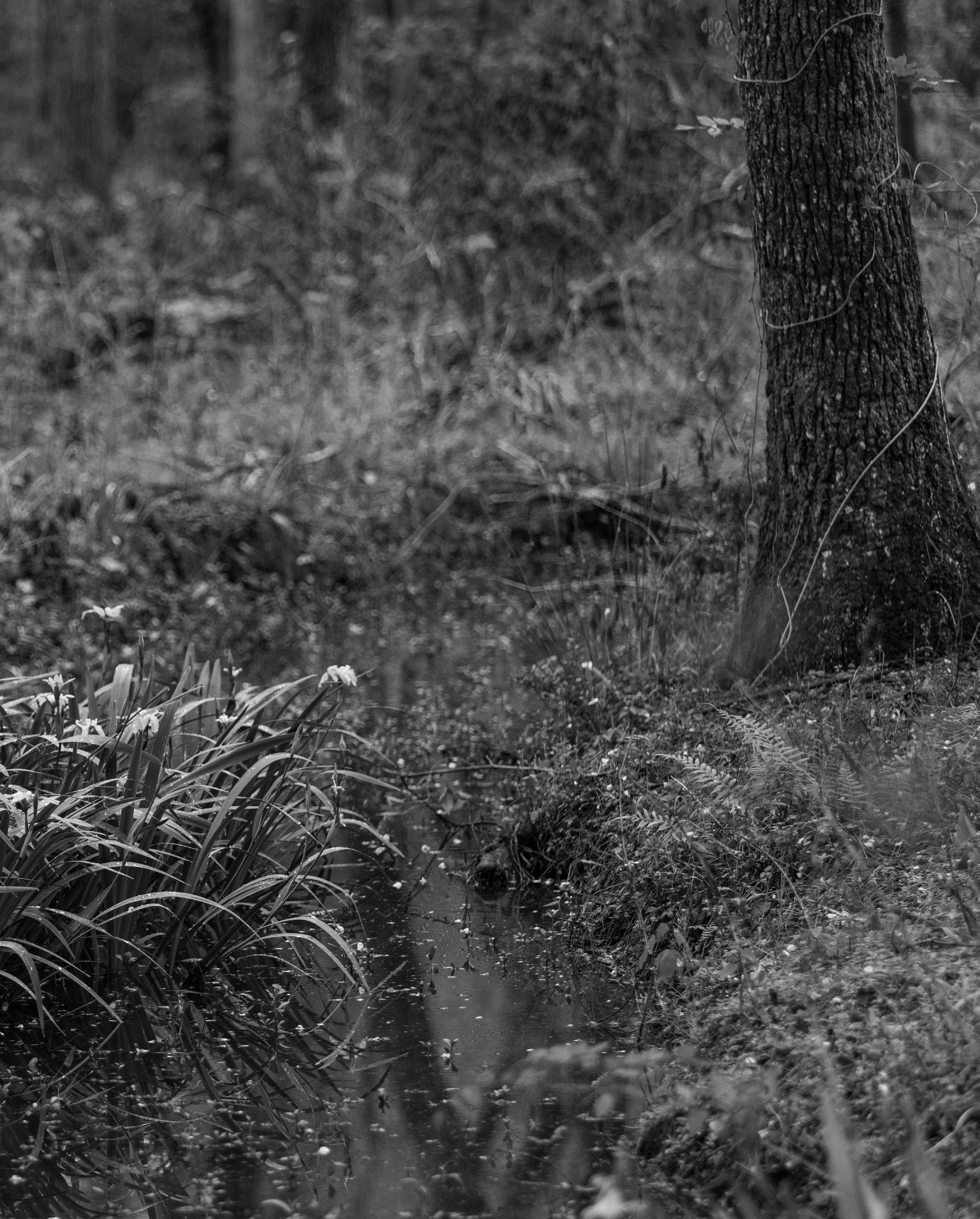
Biomedical Sciences (PhD) - awaiting USG approval for Fall, 2026 start
At Georgia Southern, we believe in empowering students to rise—beyond expectation, beyond limitation and into lives of purpose and discovery. In 2025, COSM continued to deliver on this promise through groundbreaking programs and student achievements that speak to our mission and momentum.
In Spring 2025, COSM was awarded a $1.9 million grant from the National Science Foundation Scholarships in STEM (S-STEM) program. Led by Sara Gremillion, Ph.D., professor of biology, the grant supports 36 high-achieving, Pell-eligible undergraduates majoring in Biology and Chemistry over the next five years. Students will receive up to $15,000 annually for four years, with additional funding for undergraduate research, conference travel and internships.
The first 18 scholars—hailing from Georgia, Florida, and North Carolina—will take part in our STEAM Basecamp in August and a monthly seminar series emphasizing academic excellence, well-being and career development.
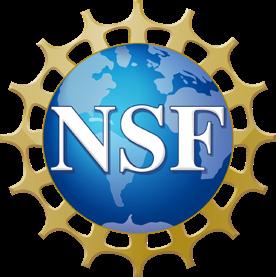
This year marked the launch of EagleMed, a transformative new program designed to guide and elevate students pursuing professional medical and health-related doctoral degrees—medicine, dentistry, optometry, pharmacy, veterinary medicine and more.
The initiative brings together faculty from Biology and Biochemistry, Chemistry, and Physics (BCP), alumni in the field, and the Office of Career and Professional Development to provide students with advising, resources and experiential learning.

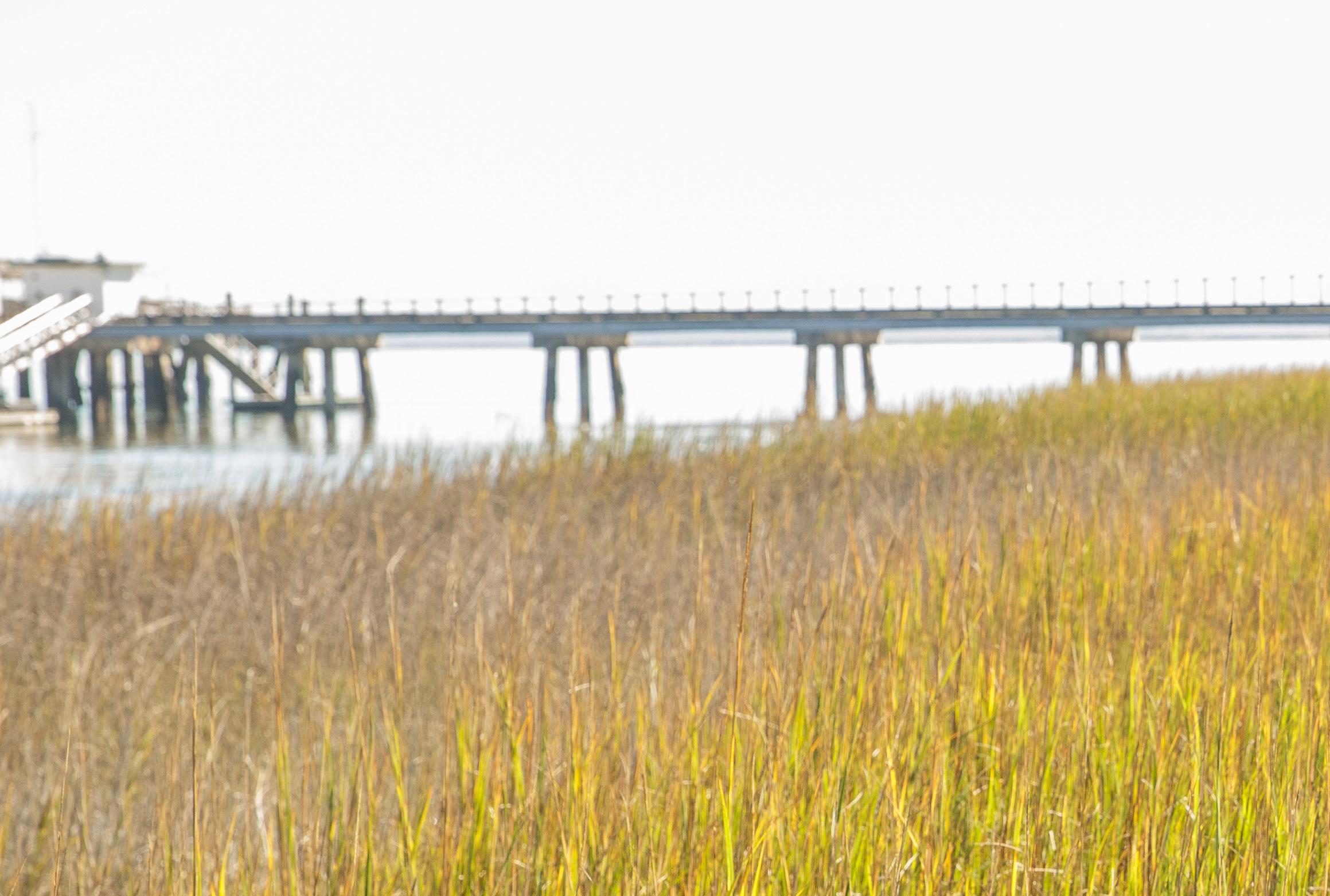
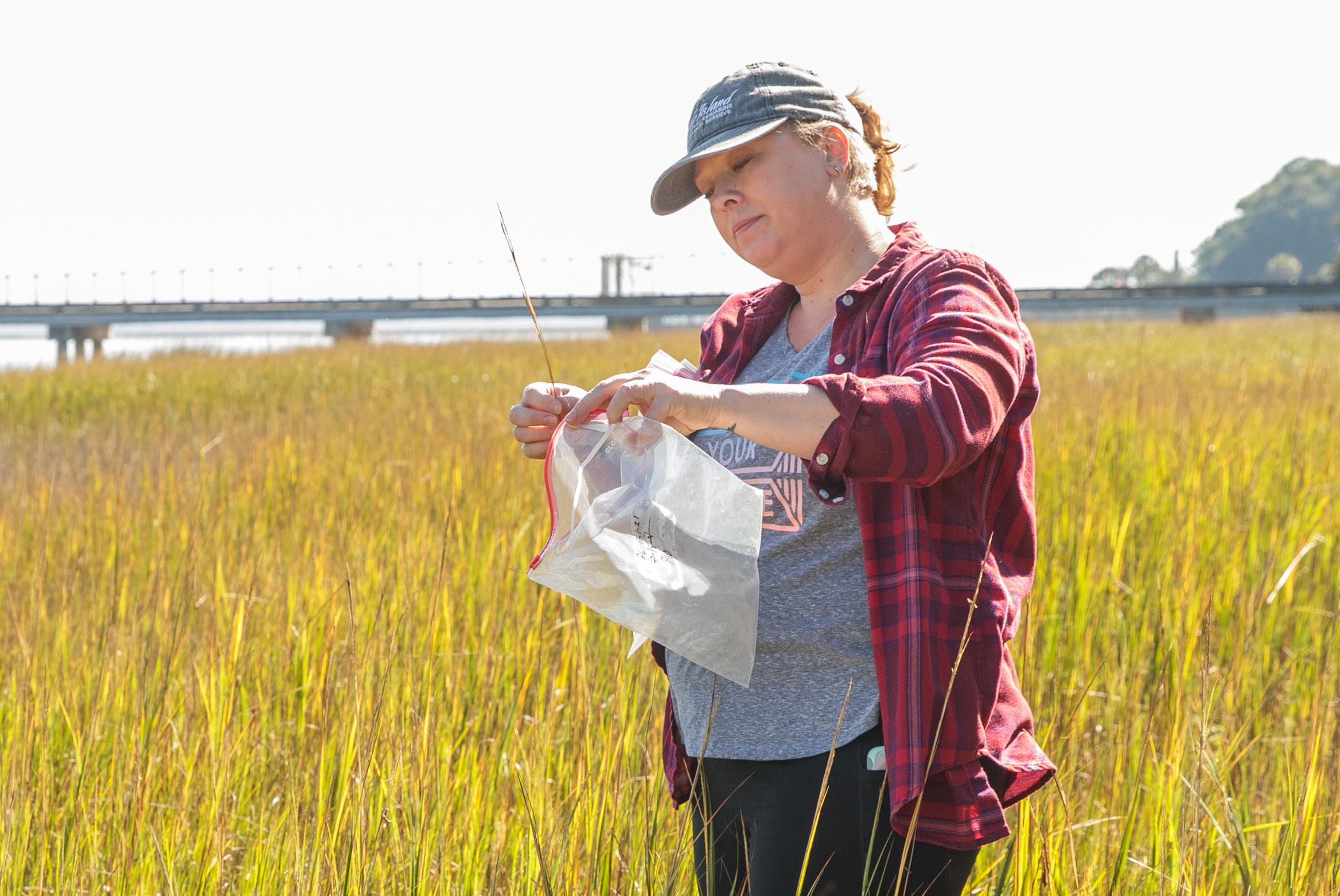
Students enrolled in EagleMed have access to:
• A dedicated Folio resource hub
• 1:1 mentorship with pre-professional advisors
• Campus workshops and events, including suturing clinics, mock interviews and panels with admissions reps and alumni physicians
In its first year, EagleMed focused on pre-med students—the largest cohort—on both the Statesboro and Armstrong campuses.
EagleMed By the Numbers (Year One):
• 15 students accepted to MD programs (48% acceptance rate)
• 6 students accepted into dental school (33% acceptance rate)
• 14 students received FREE MCAT prep (~$2,000 value per student)
• 25 students worked with a writing intern on personal statements
• Top-tier medical and dental school acceptances included:
◦ Harvard School of Dental Medicine (MA)
◦ Albert Einstein College of Medicine (NY)
◦ University of California – Davis School of Medicine (CA)
◦ Loyola-Stritch, George Washington, Oregon Health & Science, Texas A&M, UAB
• In-state acceptances included Mercer, MCG, Dental College of Georgia, and PCOM
New Clinical Partnership:
Thanks to a partnership with East Georgia Regional Medical Center, students now gain hands-on experience as hospital transporters while shadowing physicians—directly linking education to care.
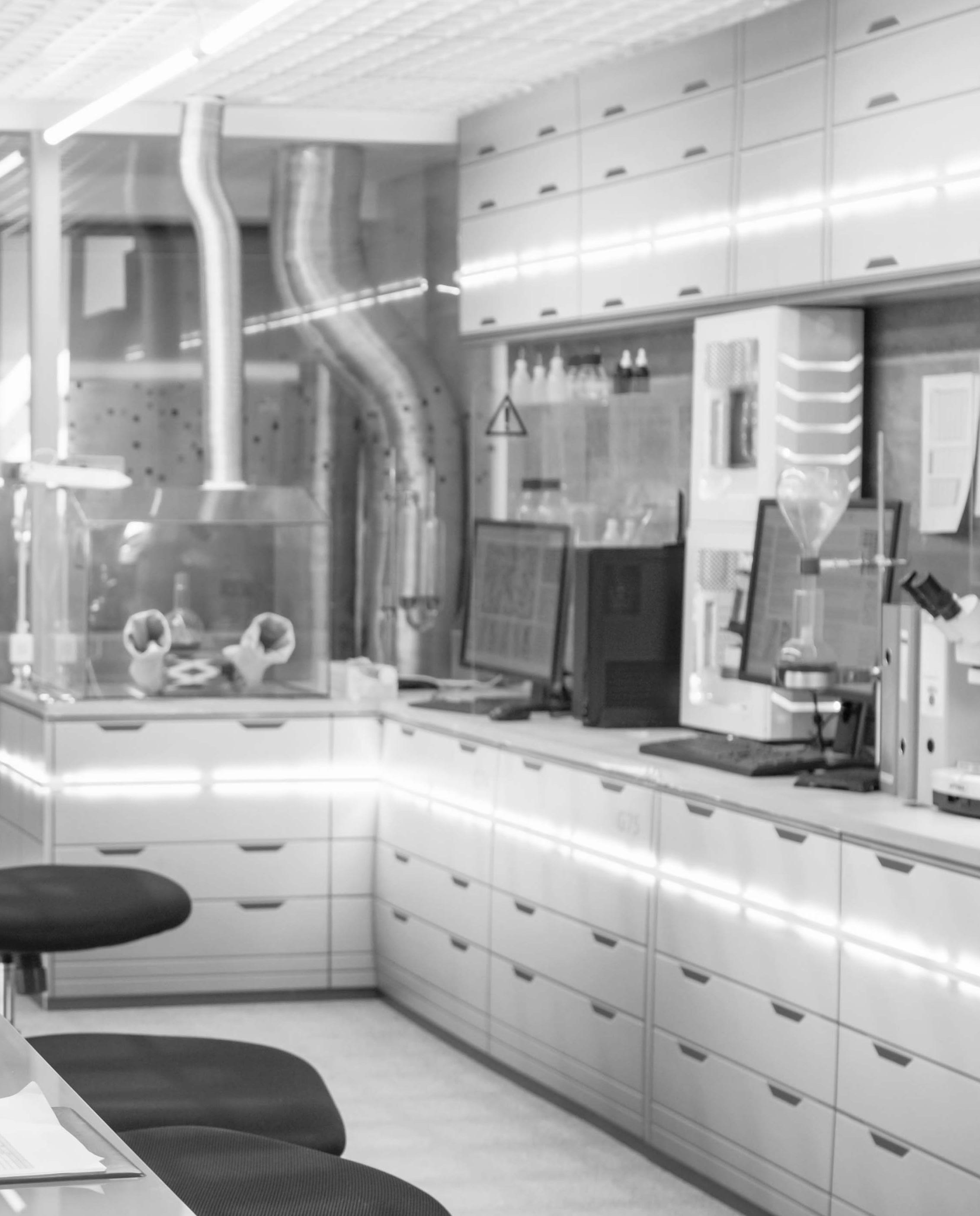
Graduate students in the MS in Biology program are securing competitive national fellowships and grants that fund high-impact environmental and biomedical research.
Georgia Sea Grant Research Traineeships have awarded $25,000 each to 12 students since 2019—totaling nearly $325,000 in external research funding for Georgia Southern.
Traineeship Recipients (2019–2025):
2019-2020: William Annis, Lauren Moniz
2020-2021: Raven Hurt, Shannon Matzke
2021-2022: Samantha Alvey
2022-2023: Alexandra Theisen, Conner Simon, Chestina Craig
2023-2024: Alejandra Daniel, Julia Frees
2024-2025: Skyler Fox, Zachary Gordon, Mark Hoog (ENVS Ph.D. student)
National Recognition and Awards:
NOAA Margaret Davidson Fellowship (2022–2026): Wil Atencio and Ember Crutchfield
Nancy Foster Scholarship (2019–2020): Erin Arnson
Ogeechee Riverkeeper Fellowship (2023): Molly McKeon
Yamaha Rightwaters Conservation Scholarships: Patrick Lewis, Zachary Gordon
Post-Graduate Georgia Sea Grant State Fellows (2021-2025):
These 1-year, full-salaried fellowships place graduates in state/federal agencies— similar to the prestigious Knauss program. COSM recipients include:
2021-2021: Sergio Sabat-Bonilla 2021-2022: Victoria Baglin, Shannon Matzke
2022-2023: Michael Brennan
2024-2025: Justin Sanclemente
2025-2026: Skyler Fox
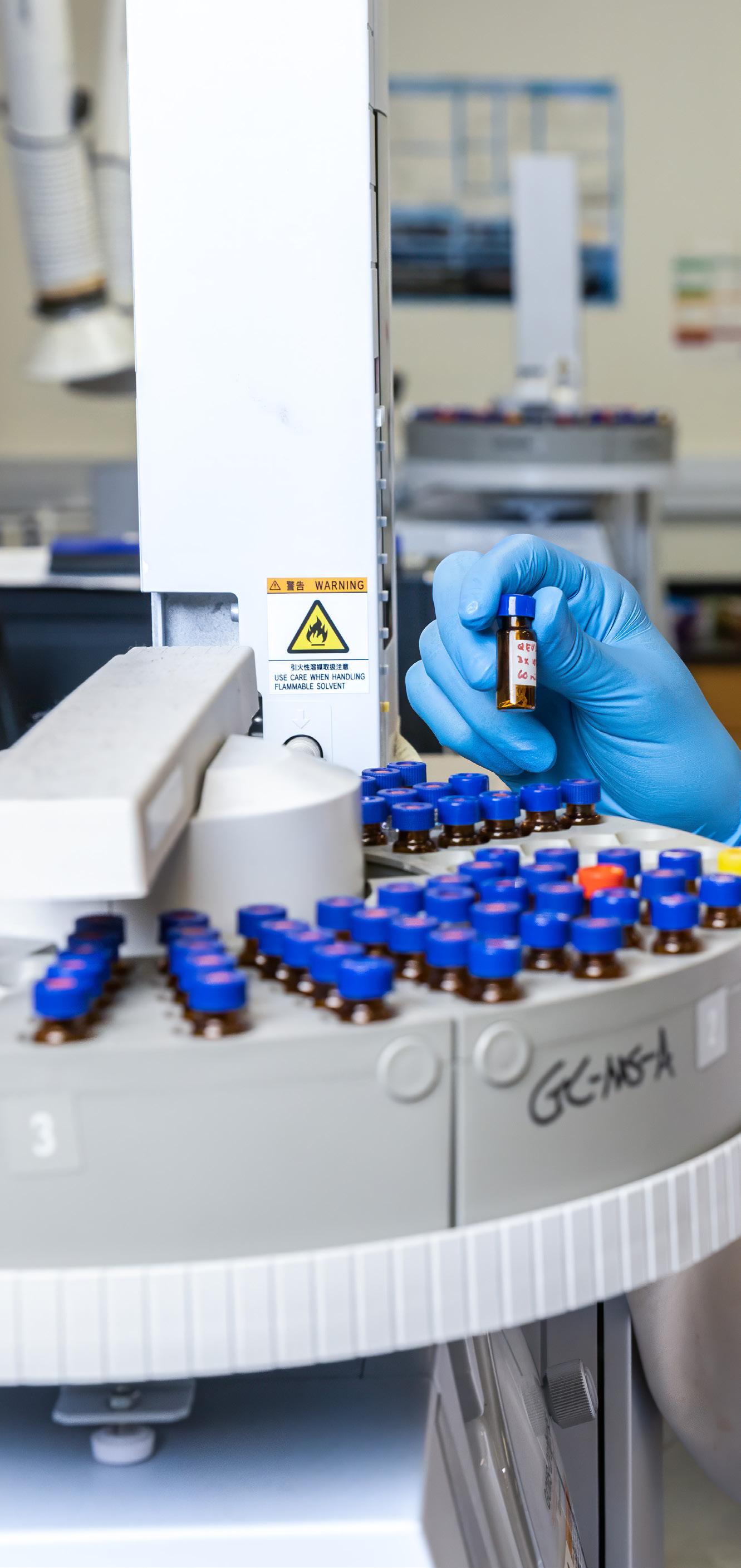

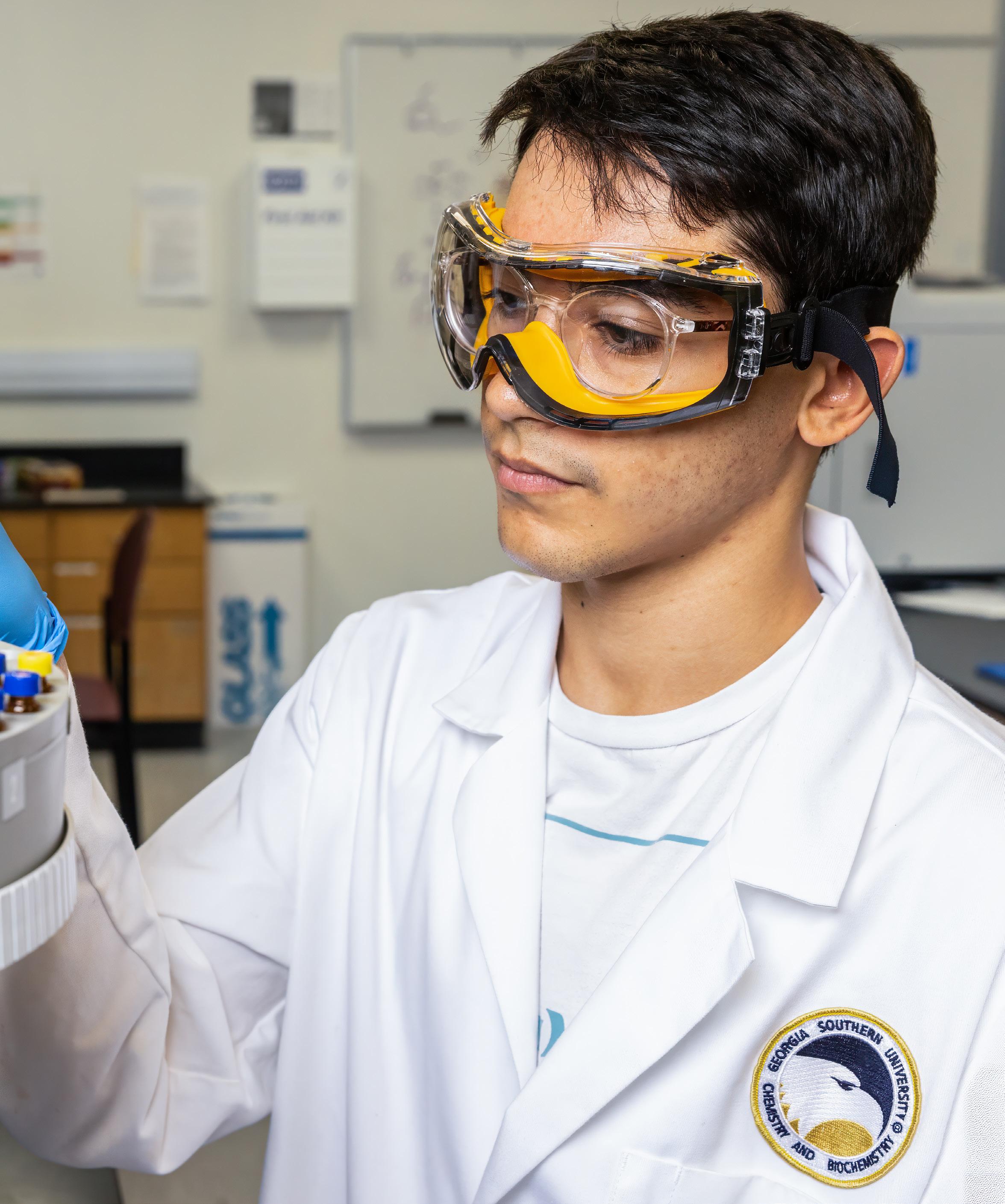

At the College of Science and Mathematics, we don’t just teach science—we do science. COSM’s robust undergraduate research initiatives give students early access to real-world discovery, hands-on investigation and expert mentorship. From paid research fellowships to interdisciplinary innovation teams, we’re building the future of STEM—one student researcher at a time.

Year 1 (2024):
• 11 students supported
• 8 faculty mentors
• 64% Statesboro, 36% Armstrong
• 82% Biochemistry, Chemistry & Physics (BCP); 18% Biology
• All presented at the Summer Showcase
• 5 went on to present at GS4
• $44,000 invested

The COSM Summer Undergraduate Research Fellowship (SURF) provides 10 weeks of intensive, faculty-mentored research for undergraduate students during the full summer term. Students are immersed in the research process—from evaluating primary literature to experimental design, data collection and professional presentation.
Each SURF award includes:
• $3,000 student stipend
• $500 faculty stipend
• $500 for research supplies and travel
SURF students also participate in professional development workshops in data management, CV writing, graduate school prep and more, culminating in presentations at the COSM Summer Research Showcase and the GS4 Symposium.
Year 2 (2025)
• 18 students supported
• 19 faculty mentors
• 56% Statesboro, 44% Armstrong
• 50% BCP, 44% Biology, 6% Mathematics & SEES
• $72,000 invested
Two-Year Total:
• 29 students
• 23 faculty mentors
• $116,000 in research investment
• Representation from BCP, Biology, Mathematics and SEES
Through SURF, Georgia Southern is investing not just in students, but in the next generation of scientists.


The COSM Summer Research Showcase is an annual celebration of student-led discovery at Georgia Southern. Each summer, undergraduate and graduate students present their research through dynamic poster sessions spanning biology, chemistry, environmental science, mathematics and more.
Many of the projects are supported by programs like the Summer Undergraduate Research Fellowship (SURF), the Summer Undergraduate Research Experience (SURE) and the COSM Office of Undergraduate Research (COUR). Students gain valuable experience communicating their findings and often go on to present at major conferences.
“Our Summer Research Showcase is a vibrant testament to the dedication and intellectual curiosity of our scientific community,” said Dean Huggins. “It’s a crucial platform for our students and faculty to share their discoveries, engage in vital scientific dialogue, and demonstrate how their interdisciplinary research is addressing pressing global challenges, often with support from esteemed organizations like the National Science Foundation, National Institutes of Health, and the Environmental Protection Agency.”
The Emerging Researchers Program (ERP) gives undergraduate students eligible for federal work-study the opportunity to gain paid experience in faculty research labs. These yearlong appointments help students build resumes, develop critical skills and explore careers in STEM—while being financially supported.
Students may work up to 15 hours per week at $12/hour (max of 229 hours per semester). Appointments can be renewed annually.
2024–2025
• 25 students hired
• 2 (8%) freshman, 13 (52%) sophomores, 8 (32%) juniors, and 2 (8%) seniors
• 68% Biology majors, 24% BCP, 4% Geosciences, 4% Sustainability
• 60% Statesboro, 40% Armstrong
• 20 COSM faculty mentors across BCP, Biology and SEES
• 9 students presented research at the 2025 GS4 Symposium
• 5 continuing in summer, 15 returning in fall
ERP combines access, mentorship and skill-building—laying a strong foundation for future scientists and professionals.
Launched in Spring 2022, Georgia Southern’s Vertically Integrated Projects (VIP) program connects undergraduates with long-term, interdisciplinary, faculty-led research teams focused on solving complex real-world problems. Students earn course credit and join teams that span multiple majors and skill sets.
• 17 active teams
• 10 academic disciplines
• 26 faculty and staff mentors
• 198 student participants since launch
• 3 teams in Biology, 4 in Chemistry, 2 in Engineering, and others in Business, IT, Public & Nonprofit Studies, Math, Physics, Education and Health/Kinesiology
Students contribute over several semesters, developing collaboration, leadership and innovation skills that transcend the lab.
• VIP Outstanding New Site Development Award – 2024 VIPC Annual Consortium
• COSM Award of Excellence in Collaboration – 2024
• VIP Math Team Poster Winner – GA VIP Innovation Competition
• Shotgun Communication Prize – SciEdu 2025
Whether exploring solutions in chemistry, sustainability, data science or education, COSM’s VIP students are discovering what it means to Soar Beyond—through teamwork, creativity and purpose.

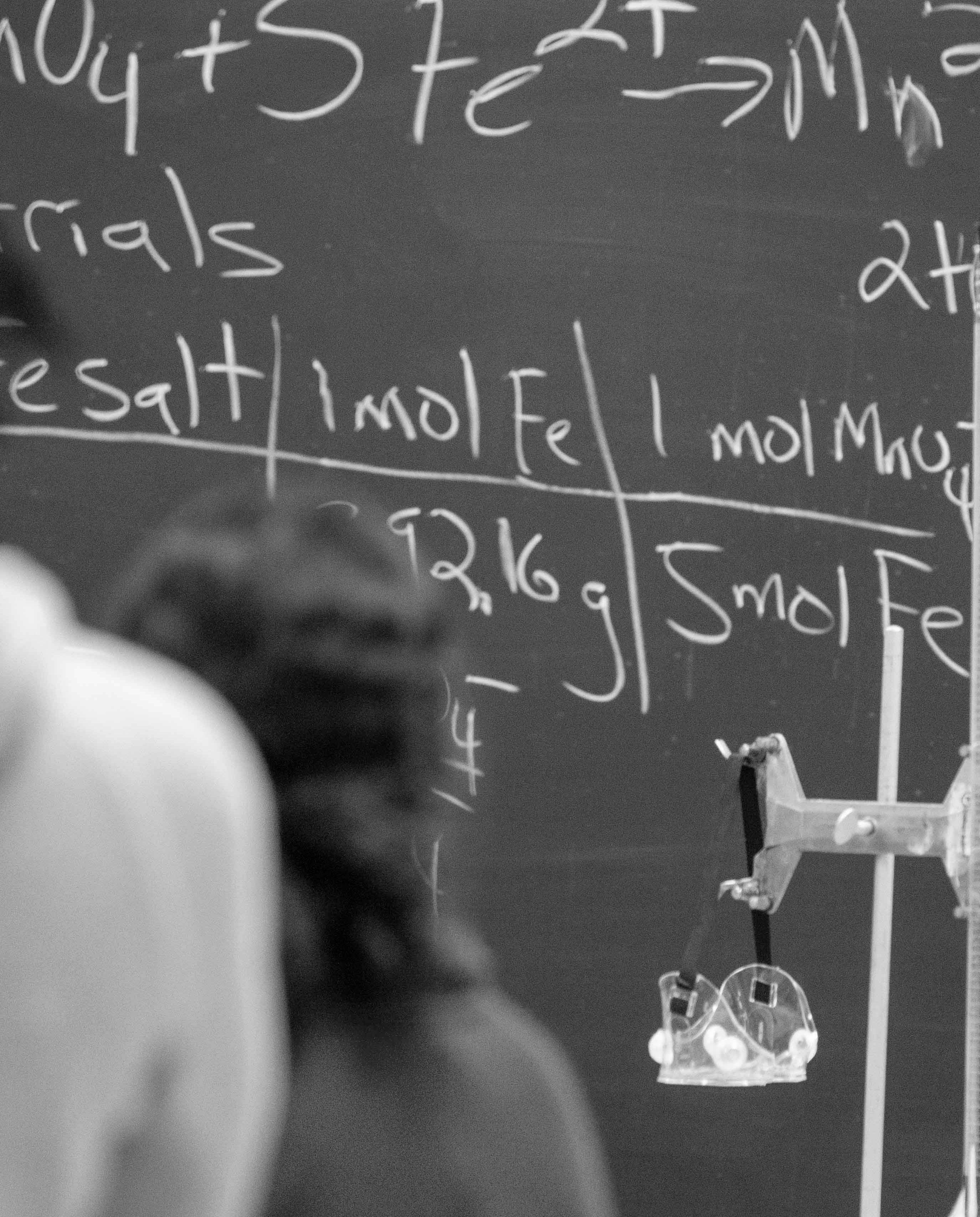
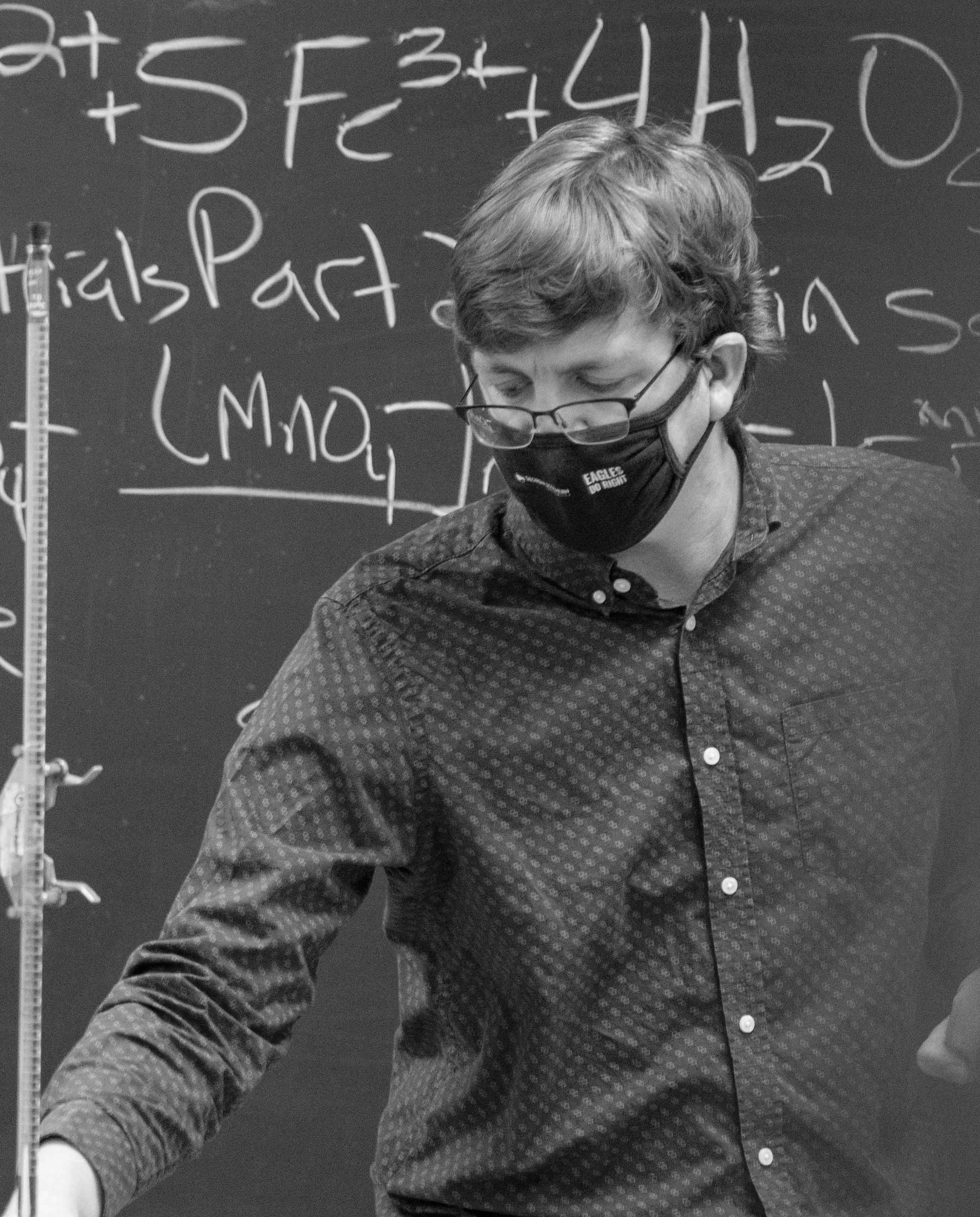

At Georgia Southern’s College of Science and Mathematics, faculty researchers are securing major grants to answer urgent scientific questions—from climate resilience and drug discovery to global health and environmental restoration. These funded projects fuel student opportunities, advance public knowledge and embody our mission to Soar Beyond—into communities, ecosystems and innovations across the globe.
Led by Checo Colón-Gaud, Ph.D., associate dean and professor of biology, and supported by nearly $3 million from the National Science Foundation, the Mentoring and Research for Careers in Coastal Science (MROC2S) program is preparing post-baccalaureate fellows for careers in coastal and environmental science.
Launched in Fall 2024 with co-principal investigators Asli Aslan, Ph.D., director of the Institute for Water and Health at Georgia Southern University; John Carroll, Ph.D., associate professor of biology; and Lacey Huffling, Ph.D., associate professor of middle grades and secondary education, the program hosts 10 fully funded fellows each year for intensive research, mentorship and professional development. In its first year, MROC2S connected fellows with 11 Biology faculty mentors and professional partners across government agencies, NGOs and universities. Fellows have presented their work at state, regional and national conferences, and several have already been accepted to graduate programs.
MROC2S is a collaboration across departments, drawing leadership from the Institute for Water and Health, the Department of Biology and the Department of Middle and Secondary Education.


Lorenza Beati, Ph.D., and her biology lab have partnered with the USDA-Agricultural Research Service to study tick-borne diseases in Uganda—an ecologically diverse region with underexplored microbial communities.
This project, in collaboration with researchers from Makerere University in Uganda and Salford University in the U.K., aims to build a comprehensive inventory of bacterial, viral and protozoan pathogens carried by Ugandan ticks. By training local scientists and using portable sequencing technologies, the team is strengthening Uganda’s capacity to detect and respond to emerging disease threats.
Environmental sciences Ph.D. student Saviour Dralabu has completed a year of U.S.-based training and is now applying his skills in the field in Uganda.
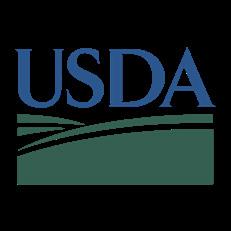
With a four-year NIH R16 grant, Lisa Brown, Ph.D., associate professor of biology, is leading innovative research into the immune system of fleas, notorious vectors of disease in both pets and humans. Her work explores how fleas defend themselves against infection, offering insights that could help prevent transmission of flea-borne diseases such as cat scratch fever, murine typhus and plague.
The grant is also advancing undergraduate and graduate education by funding independent student research in biomedical science.
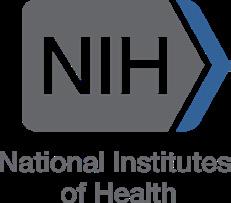
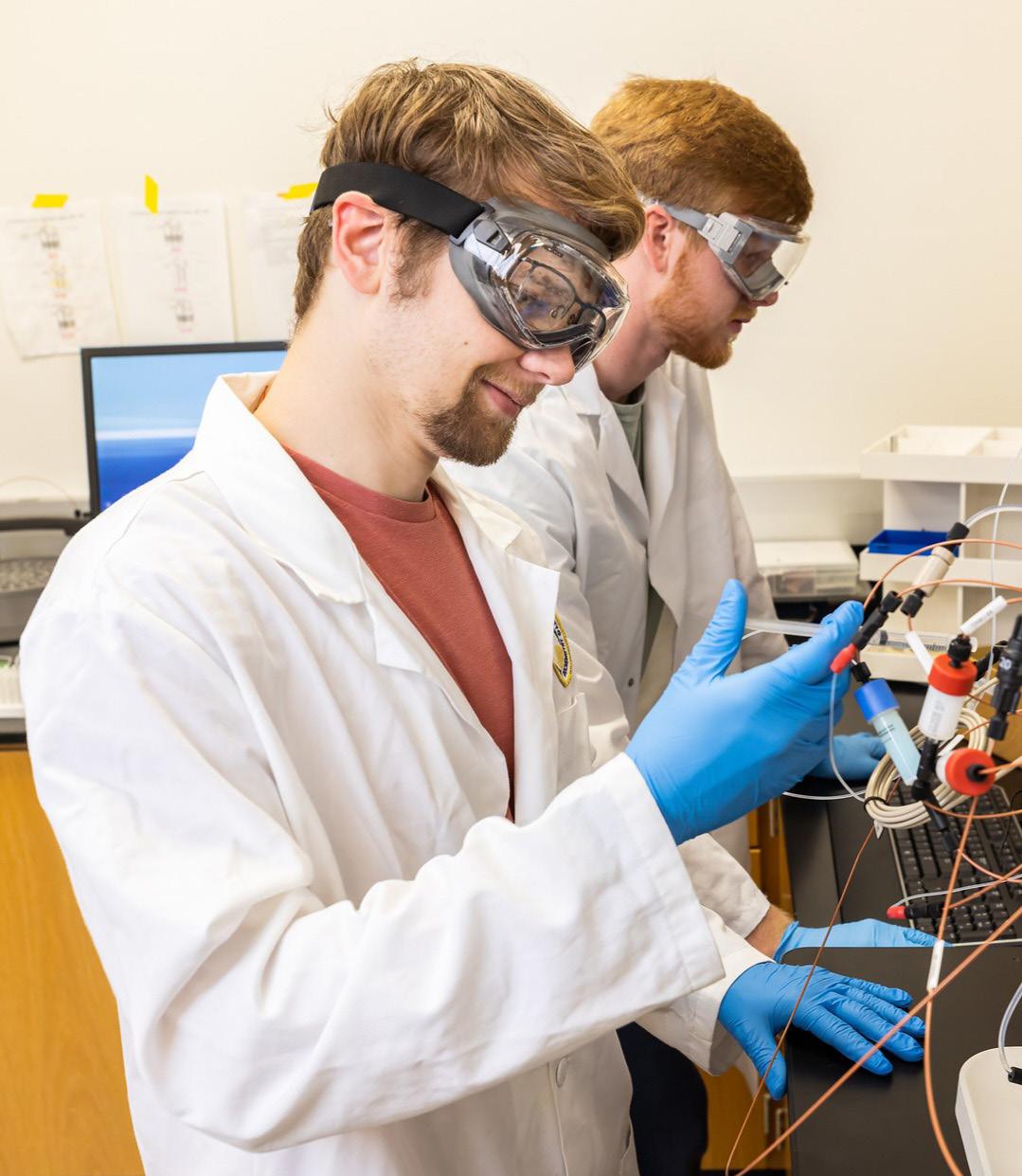
Supported by a $527,000 NIH grant, Associate Professor of Biochemistry, Chemistry and Physics Mark Vincent dela Cerna, Ph.D., and his team are developing new anti-metastasis compounds aimed at PRL3, an enzyme linked to cancer progression. Using computational design and high-throughput screening, the team has already identified several promising molecules and is now advancing to cancer model testing.
Based at the Savannah campus, dela Cerna’s Laboratory of Structural Biology and Drug Discovery is as much about mentorship as it is about medicine. The lab’s motto—“Curiosity leads to cures”—drives a team committed to training the next generation of biomedical researchers.

In collaboration with the Department of Defense, a Georgia Southern team led by Drs. Perez, He and Rowles are tackling environmental pollutants using innovative ionic liquids (ILs)—designer solvents that offer greener alternatives to traditional chemicals.
Key outcomes include:
• Reusable magnetic beads to remove methylene blue dye from water
• ILs that extract carcinogenic PAHs from fossil fuel-contaminated water
• Breakthrough ILs capable of dissolving fluoropolymers like Teflon, enabling safer disposal and metal recovery from military and industrial waste
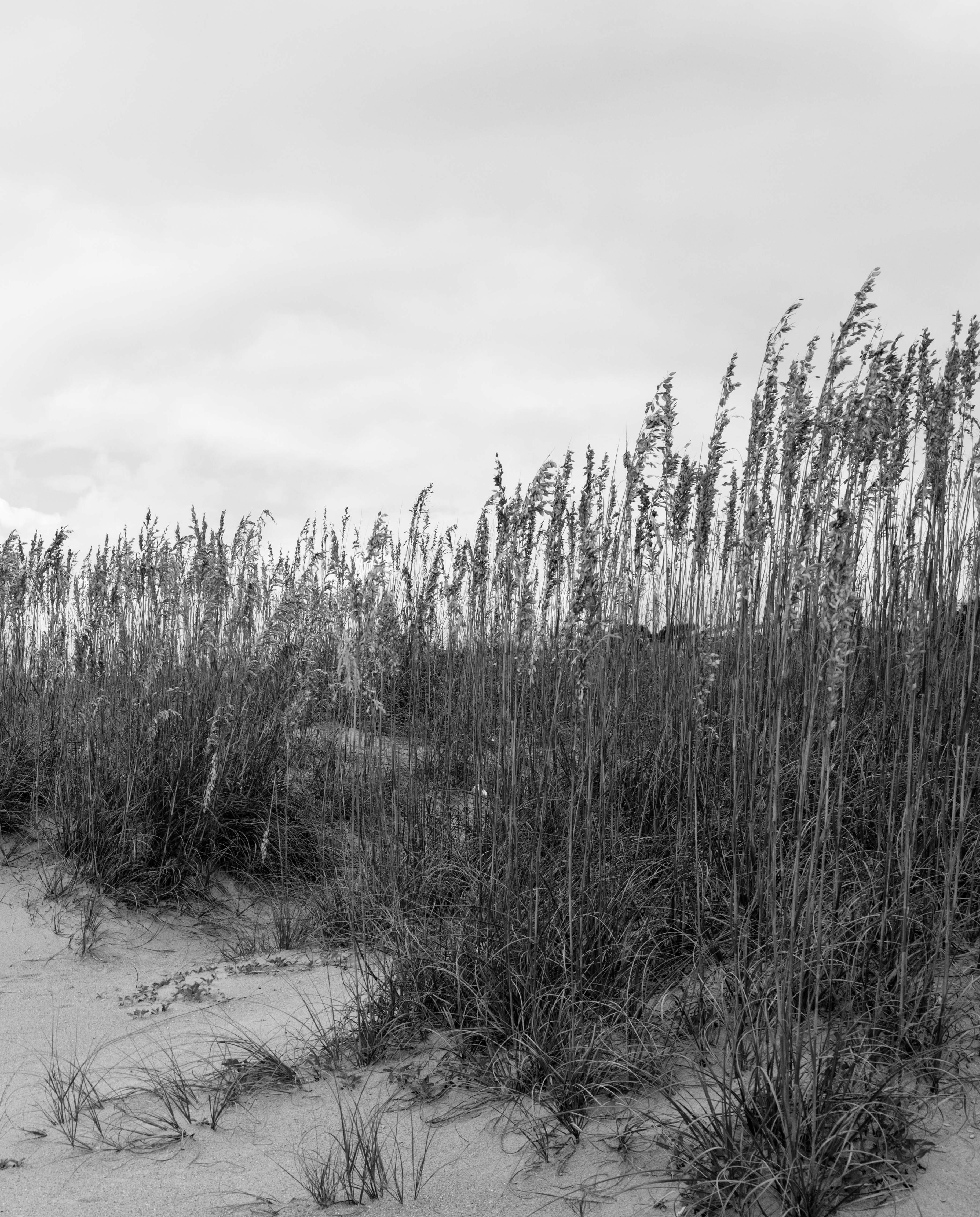
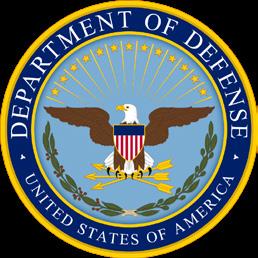
These projects are pioneering sustainable solutions at the intersection of chemistry, engineering and environmental science.
Funded by a National Science Foundation IRES Track II grant, the Advanced Studies Institute (ASI) is an international research program immersing U.S.based graduate students in the ecological complexity of Australia’s coral reefs and rainforests.
Over 21 days, students train at the School for Field Studies’ Centre for Rainforest Studies and Lizard Island Research Station, conducting independent research alongside leading U.S. and Australian scientists. The program blends ecology, physiology, molecular biology and environmental social science to foster a truly transdisciplinary approach.
Now in its third cohort, ASI has trained 25 graduate students and produced publicly accessible blogs, research symposia, and educational resources—all reinforcing the program’s global impact on STEM education and reef resilience. Learn more at www.ires-au.com.


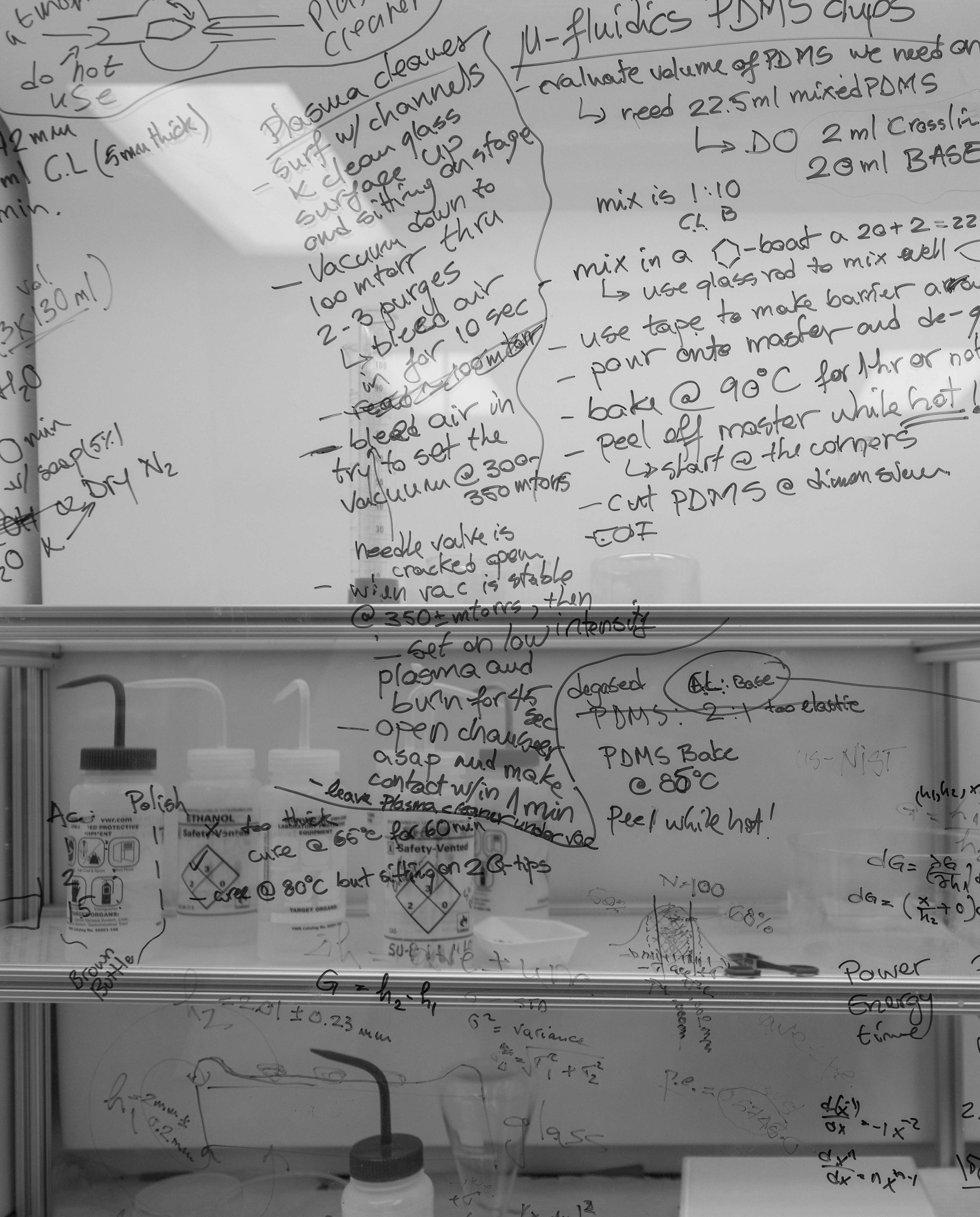
Four COSM faculty were named among the top 2% of scientists worldwide, as identified by Stanford University and Elsevier in their annual ranking of scientific influence. This recognition places these faculty members among the most impactful researchers globally, based on citation metrics and scholarly contributions across disciplines.




Dr. Wang’s research explores the optical properties and behavior of phosphor materials doped with rare earth and transition metals. These materials have diverse applications in lighting, display technology, medical imaging and optical sensing. He also collaborates closely with undergraduate and graduate students, fostering discovery through hands-on research experiences.
A leading global tick taxonomist and Assistant Curator of the U.S. National Tick Collection at Georgia Southern, Dr. Apanaskevich specializes in the classification and systematics of hard ticks across the Americas, Africa, Asia and Australia. He has described numerous new tick species and has authored more than 100 peer-reviewed publications.
An internationally respected expert in soil, water and compost science, Dr. Weindorf has conducted research in more than 30 countries and published more than 200 peerreviewed articles. His work has contributed to environmental quality assessment, translational soil taxonomy and disaster response for events such as the Deepwater Horizon oil spill.
Dr. Jiménez focuses on glass science, thin films, nanomaterials and energy-relevant materials such as solar cells and lithium-ion batteries. His contributions include more than 130 peer-reviewed publications and several patent applications. He currently serves on the editorial boards of Scientific Reports (Nature Publishing) and Applied Sciences (MDPI).

Faculty in the College of Science and Mathematics are advancing research with real-world impact, mentoring the next generation of scientists and earning national and international acclaim. Their work is at the heart of Georgia Southern’s research growth—and a key driver in the University’s path to becoming an R1 institution.


Dr. Narendrapurapu was named a recipient of the 2023 Felton Jenkins Jr. Hall of Fame Faculty Award by the University System of Georgia. The award honors exceptional educators who demonstrate a sustained commitment to student success. Since 2013, she has been recognized for her work in STEM education research, including the design of digital animations for chemistry instruction and the creation of affordable course materials.
A leader in both teaching and research, Dr. Landge received the 2023 Regents’ Scholarship of Teaching and Learning Award from the USG and was named the 2025 Silvia Ronco Innovative Mentor Awardee by the Council on Undergraduate Research. Her teaching bridges theory and practice, offering students research experiences in synthetic organic, medicinal and supramolecular chemistry. Her mentorship cultivates student engagement and academic growth beyond the classroom.
Two COSM faculty have earned the prestigious distinction of Fellow of the American Physical Society (APS)—an honor given to no more than one half of one percent of APS membership each year.


Dr. Edwards is nationally known for his work in atomic and optical physics, particularly in the areas of pulsed-laser/atom interactions and Bose-Einstein condensation in neutral atoms. His groundbreaking research has helped deepen understanding of quantum systems and atomic behavior under extreme conditions.
In addition to his recognition as a top 2% scientist, Dr. Wang was elected an APS Fellow in 2023 for his outstanding contributions to the fundamental understanding of luminescence processes and the development of LED and phosphor technologies. His work spans the full spectrum—from ultraviolet to visible to infrared emissions.

As Georgia Southern University’s College of Science and Mathematics looks to the future, we’re focused on growing the next generation of scientific leaders, educators and innovators. Your support will help us expand research opportunities, enrich student experiences and elevate Georgia Southern as a national leader in STEM education.
Through the upcoming Capital Campaign, we’re prioritizing four key initiatives that will shape the future of our college—and the region and world our graduates will serve.

Campaign Goal: $4 million
To become an R1 research university, Georgia Southern must recruit and retain exceptional Ph.D. students. These fellowships will help us attract top talent, expand our research capacity and train scientists who will drive innovation in Georgia and beyond. Fellows also mentor undergraduate and master’s students, multiplying their impact across the university.
Campaign Goal: $1.5 million
Hands-on research changes lives. By funding Undergraduate Research Fellowships, we empower students to work alongside faculty mentors, contribute to published discoveries and present at national conferences. These experiences give students a competitive edge in graduate admissions and the STEM job market.
Campaign Goal: $1.5 million
To help more students succeed in science and math, we’re expanding learning communities, tutoring support and career-readiness programming. These initiatives improve retention, elevate graduation rates and help students land jobs or graduate school placements—while also attracting top high school scholars to choose Georgia Southern.

The COSM Excellence Fund provides flexible, strategic support for scholarships, faculty development, research equipment and experiential learning. With your help, we can respond to emerging opportunities, support our faculty and students and deliver a world-class STEM education that meets the needs of today’s economy.
When you give to the College of Science and Mathematics, you’re not just supporting students—you’re fueling discovery, strengthening communities and helping Georgia Southern Soar Beyond. Thank you for investing in our mission and in the promise of what’s next.
Your support directly empowers student researchers, advances faculty innovation and fuels Georgia Southern’s rise as a leader in science and mathematics.
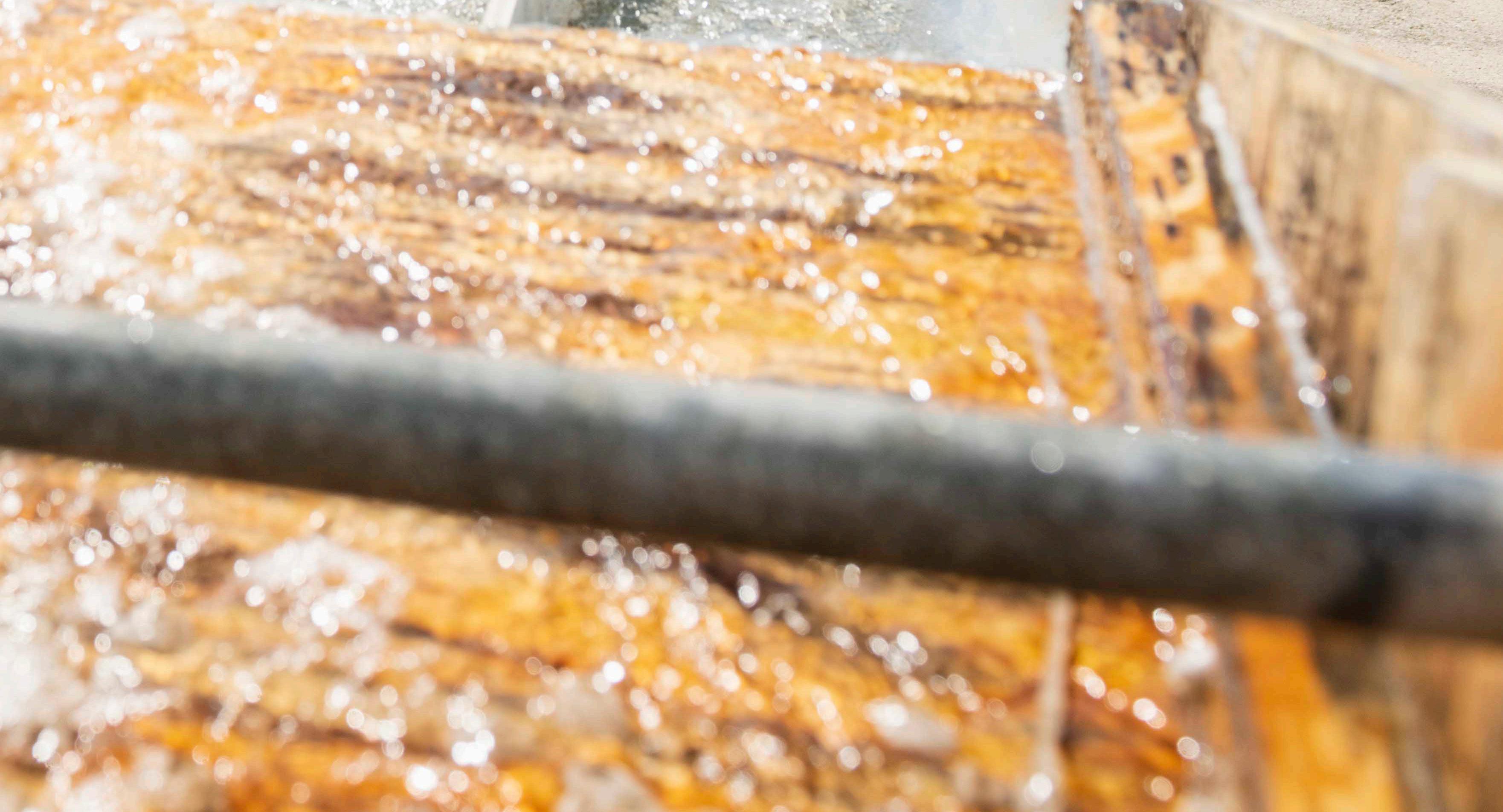
today and be part of the future of discovery at Georgia Southern.
